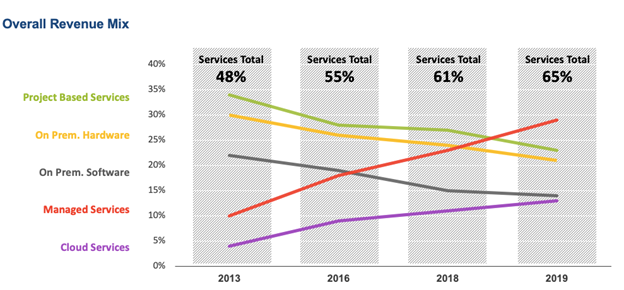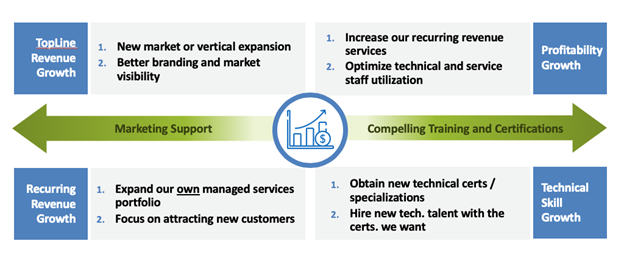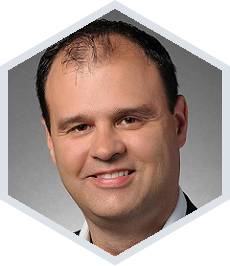







As you grow your business, it's difficult to cut through the vendor noise about what they want you to do and translate the barrage of hype into meaningful action. As an analyst who talks with solution providers day in day out, and a former solution provider executive myself, I know that paying attention to what other solution providers are doing is one of the best ways to see what's working.
From IPED's extensive research on solution provider trends, we've distilled some peer benchmarking insights for solution provider executives in three categories.
Sales excellence — Selling to today's business-savvy buyer
Your peers overwhelmingly cite staffing as their #1 operational challenge; hiring and training successful sales and pre-sales teams, in particular, is paramount.
But when finding external talent is difficult, solution providers turn inward to achieve sales excellence in the face of a new business-savvy buyer and a service-led sale. Fully 27% of your competitors hire professional sales training firms, in addition to vendor training, to gain competitive advantage. Also, roughly half of your peers say they develop and train sales teams using in-house selling methodologies.
Among the specific sales skills solution providers are looking to build, prospecting tops the list as the most critical sought-after skill. Prospecting is followed closely by standard product training, selling best practices, and selling recurring revenue services. As engagement becomes more strategic, solution providers are shifting toward a reliance on sales fundamentals versus pure product knowledge.
When it comes to providing automation in support of the sale, 42% of solution providers say they actively use a sales automation platform. In addition, 19% say they use a sales automation platform that is fully integrated with their marketing automation tool to manage the sales funnel.
Revenue mix — Aligning your business strategy to market trends
Following the shift in selling motion to services-led engagements, the revenue mix of the average solution provider has changed substantially over the past five years. Taking a look at your revenue mix can give you a sense if your business is tracking to how customers choose to buy from solution providers.
Since 2013, both software and hardware revenue declined as a percentage of overall solution provider revenue, with hardware declining nearly 10%. Over the same period, services revenue as a percentage of the whole grew from 48% to 65%. These were not absolute dollar declines in product revenue, or absolute increases in services dollars, just a shift in the mix with services accounting for a much large portion of overall revenue.
Solution Provider Revenue Mix Shifts to Services


Source: IPED Channel Census 2019
Growth strategies — Investing in the right resources
Where to focus resources is a critical decision. These decisions drive how you spend your time and money. For 2019, business intelligence/analytics, network design and security were among the top areas your peer executives said they would continue to invest in. In the area of public cloud services, both reselling and managing cloud assets showed the most significant increases in terms of the number of solution providers engaged in these activities.
Top growth priorities for your peers included expanding into a new market or vertical industry, increasing recurring revenue services, expanding current managed services, and obtaining new technical certifications. There is a high correlation between technical and vertical expertise and the ability to create and deliver differentiated services, so it's not surprising these top priorities appear side by side across the broader set of solution provider growth initiatives.
Solution Provider Growth Plans


Source: IPED Channel Census 2019
Summary — Learning from your peers
Your peers are a valuable source of best practice insight to run your business. Take the time at trade conferences to connect over lunch and participate in panels to gain knowledge from companies who are facing and meeting similar challenges.
While it's difficult to share with competitors, there is usually ample opportunity to network with companies who have complementary approaches, focus on different geographies or represent other solution areas.


